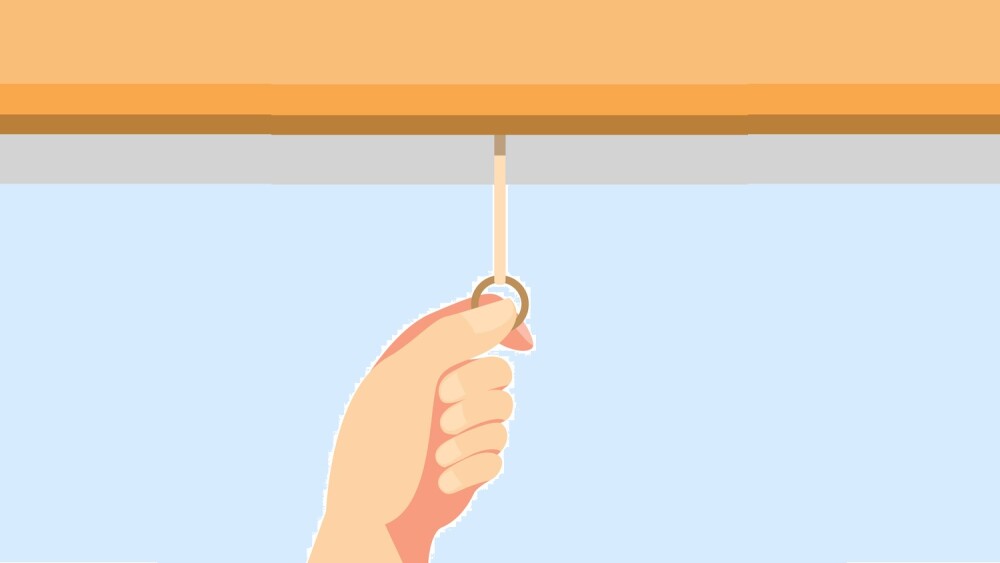DENVER, CO, USA, May 22, 2017 /EINPresswire.com/ -- A new study found U.S. military service members who returned between 2008 and 2013 with concussions, or mild traumatic brain injuries (TBI), experience “worsening outcomes” with mental health symptoms and decreases in quality of life for at least five years after injury. In 2010, the National Intrepid Center of Excellence (NICoE) began treating Veterans and Service members for TBI and related symptoms. It was also about seven years ago, neuroscientist and co-Founder of Neuro-Laser Foundation Dr. Larry Morries embarked on a journey to heal TBI.
Today, Dr. Morries and colleague Dr. Theodore Henderson, have a new treatment that has exceeded expectations in clinical and lab studies, and now awaits a pivotal double-blind, placebo-controlled TBI trial. Through the “Say Goodbye TBI” campaign, the doctors are raising support for the non-profit Neuro-Laser Foundation’s research and service to veterans and first-responders.
“When I read the report in the Washington Times last week, I just had to pause because we knew this was coming,” said Dr. Morries, who has spearheaded the discovery shown to heal brain damage from TBI. “This sample of veterans struggling five years later reminds us of everyone else who has had a concussion, and that’s why this research is so vital.”
The National Institutes of Health (NIH) said in a statement that new treatments are needed to help US servicemen who have suffered mild concussions while serving overseas because the negative effects of such injuries can persist for up to five years. Dr. Walter Koroshetz, the director of the National Institute of Neurological Disorders and Stroke, said, “We need to identify effective, long-term treatment strategies that will help these brave men and women...” So what has been delivered and at what costs?
While the NICoE targets the resulting symptoms of TBI – depression, anxiety and related post-traumatic stress disorder (PTSD) – with acupuncture, art therapy, and animal-assisted therapy, it only treats five Veterans per week. At a cost of over $3.4 Million (Defense Health Program Fiscal Year 2015 Budget Estimates) in taxpayers dollars and additional millions of dollars in donations, the costs to provide care to 20 patients per month is enormous. Exit interviews reveal that Veterans find the acupuncture and dog therapy to be the most helpful components. The NICoE 2013 Annual Report claims that 36% of participants see an improvement is sleep, 52% see an improvement in headache, and 46% see an improvement in PTSD-related symptoms.
In contrast, the Neuro-Laser Foundation reported in 2015 that 100% of their patients saw an improvement in sleep, 80% had improvement in headache, and anxiety and PTSD-related symptoms resolved in 90% of their patients. The cost per patient is a little over $4,000 and the costs for Veterans is subsidized by donations to the Neuro-Laser Foundation, often from the pockets of Drs. Henderson and Morries.
Now, a new center is opening in Denver modeled on the NICoE and costing over $38 million. The Marcus Institute for Brain Health is opening on the Ashutz Medical Campus and will be directed by the former head of the NICoE. But given the NICoE’s own track record, is this the best use of funds? Using the Neuro-Laser Foundation model over 9,000 Veterans could receive treatment and achieve better resolution of their symptoms. The ideal outcome would be a marriage of these two institutions yielding the benefit of the superior TBI treatments from the Neuro-Laser Foundation and the integrative wrap-around approach of the NICoE model.
The Neuro-Laser Foundation is supported entirely by private donations. Dr. Henderson and co-Founder Dr. Larry Morries have published five studies in the last 18 months showing the efficacy of the FDA approved, patent-pending, non-invasive and painless treatment. To date, every patient receiving the treatment reports significant improvement to both their symptoms and cognitive functions. Dr. Henderson published a video outlining the science behind the new TBI treatment that stimulates brain restoration processes, which is one of the hottest topics in neuroscience today. More information is available at www.TBI.care.




